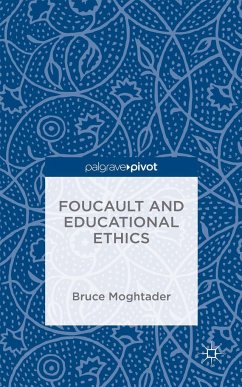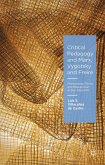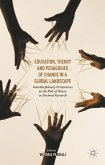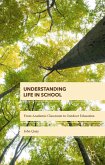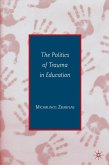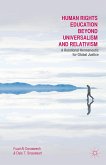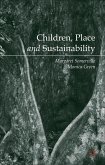By investigating Michel Foucault's ethics, the book explores how we form ourselves as ethical subjects. This question is inseparable from the activities we take on to educate others and ourselves. Foucault's questioning of the ways we know ourselves and the ways we conduct ourselves assists thinking and action in present educational ethics.
In his works on ethics, Foucault turned towards an examination of one's relationship with oneself and others. This differs from the modern approaches that explore the relationship between and the responsibilities of actors to each other by adopting criteria. Ethical criteria engender assumptions about the actors by focusing on their responsibilities. Instead of relying on criteria, Foucault's writing and lectures contributed to an awareness of the activities we take upon ourselves as ethical subjects. His reconstruction of the Greco-Roman ethics seeks to examine the possibilities of the reconstitution and transformation of subjectivity. Through this, he offers an avenue of understanding the formation of ethical subjects in their educational interrelationships.
In his works on ethics, Foucault turned towards an examination of one's relationship with oneself and others. This differs from the modern approaches that explore the relationship between and the responsibilities of actors to each other by adopting criteria. Ethical criteria engender assumptions about the actors by focusing on their responsibilities. Instead of relying on criteria, Foucault's writing and lectures contributed to an awareness of the activities we take upon ourselves as ethical subjects. His reconstruction of the Greco-Roman ethics seeks to examine the possibilities of the reconstitution and transformation of subjectivity. Through this, he offers an avenue of understanding the formation of ethical subjects in their educational interrelationships.
"Bruce Moghtader's first book, Foucault and Educational Ethics ... is both accessible and informative, providing an in-depth analysis of Foucault's ethics of self-constitution, and its application to current educational studies. ... Moghtader's application of Foucauldian philosophy to educational ethics paves new ground for pragmatic interpretations of continental philosophy, and nudges its readers towards an ethics of self-understanding. Moghtader's book contributes both to Foucault scholarship and to educational studies through a compelling discussion of study as essential for the good life." (Samantha Wesch, Foucault Studies, Issue 23, August, 2017)

